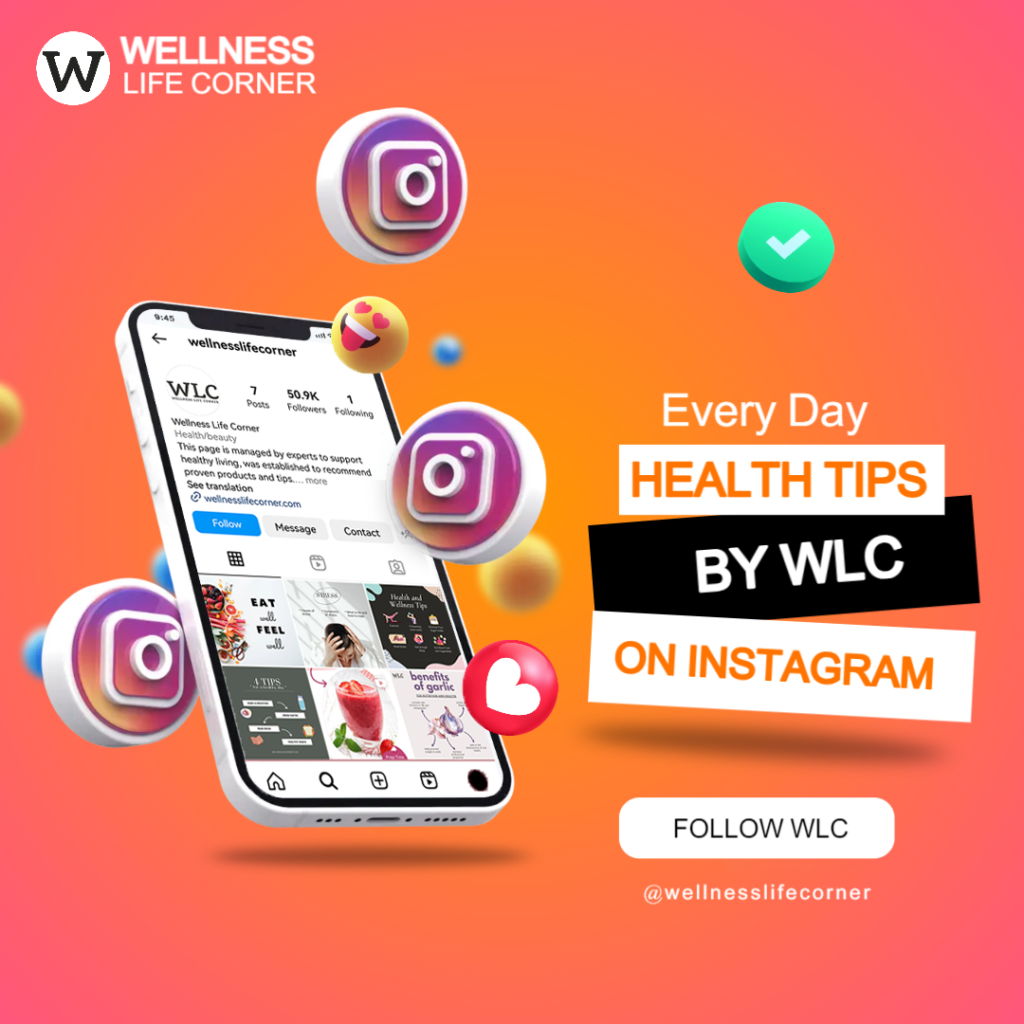Healthy Heart Diet – Healthy Heart Tips 2023
What is Healthy Heart Diet
A healthy heart diet is a dietary approach that aims to promote heart health and prevent cardiovascular diseases. A healthy heart diet typically includes foods that are low in saturated and trans fats, cholesterol, and sodium, and high in fiber, vitamins, minerals, and antioxidants.
Some examples of foods that are commonly included in a healthy heart diet are fruits, vegetables, whole grains, lean protein sources like fish and poultry, nuts, seeds, and legumes. In contrast, a diet that is high in unhealthy fats, added sugars, and processed foods can increase the risk of heart disease and other health problems. Therefore, it’s important to follow a healthy heart diet to maintain good heart health and reduce the risk of heart disease and other cardiovascular conditions.

Here are some key components of a healthy heart diet:
Eat plenty of fruits and vegetables: Fruits and vegetables are rich in vitamins, minerals, and fiber that help to lower cholesterol and blood pressure. Aim for at least five servings a day. they are very, very important for a healthy heart diet
Choose whole grains: Whole grains like brown rice, quinoa, whole wheat bread, and oatmeal are rich in fiber, vitamins, and minerals that help to lower the risk of heart disease.
Include lean proteins: Choose lean proteins like chicken, fish, beans, and lentils. Avoid processed meats like bacon and sausage, which are high in saturated fats and sodium.
Limit saturated and trans fats: Saturated and trans fats can raise cholesterol levels and increase the risk of heart disease. Limit intake of butter, fatty meats, cheese, and fried foods
Choose healthy fats: Monounsaturated and polyunsaturated fats found in olive oil, nuts, seeds, and fatty fish like salmon are beneficial for heart health.
Reduce sodium intake: Consuming too much sodium can raise blood pressure and increase the risk of heart disease. Limit intake of salty foods like processed snacks, canned soups, and fast food.
Limit added sugars: Consuming too much added sugar can lead to weight gain and increase the risk of heart disease. Avoid sugary drinks like soda and limit intake of desserts and sweets.
Stay hydrated: Drink plenty of water to help maintain a healthy weight, regulate blood pressure, and prevent dehydration.
Include heart-healthy herbs and spices: Herbs and spices like garlic, ginger, turmeric, and cayenne pepper can help to reduce inflammation and lower blood pressure.
Practice mindful eating: Avoid overeating and practice mindful eating by eating slowly, savoring the flavors, and paying attention to hunger and fullness cues.
Remember to always consult with a healthcare professional before making any significant changes to your diet or lifestyle.
In addition to a healthy heart diet, regular physical activity is essential to maintain heart health. Aim for at least 30 minutes of moderate-intensity exercise most days of the week, such as brisk walking, cycling or swimming.
It’s important to note that a healthy heart diet may vary depending on individual health conditions, medications, and other factors. Consult with a healthcare professional or registered dietitian to create a personalized eating plan that meets your specific needs and goals.
Other lifestyle factors that can contribute to a healthy heart include getting enough sleep, managing stress, and avoiding smoking or exposure to secondhand smoke. Lack of sleep and chronic stress can both contribute to high blood pressure and heart disease, so it’s important to prioritize good sleep habits and find healthy ways to manage stress, such as exercise, meditation, or spending time with loved ones.
Smoking and exposure to secondhand smoke are both major risk factors for heart disease, so quitting smoking or avoiding exposure to smoke can have a significant impact on heart health. If you need help quitting smoking, talk to your healthcare professional or seek out smoking cessation resources in your community.
By adopting a healthy heart diet and lifestyle habits, you can reduce your risk of heart disease and improve your overall health and well-being.
Here are some additional tips for maintaining a healthy heart:
Check your blood pressure regularly: High blood pressure is a major risk factor for heart disease, so it’s important to get your blood pressure checked regularly and work with your healthcare professional to manage it if it’s high.
Manage your cholesterol levels: High cholesterol levels can contribute to the buildup of plaque in the arteries, which can increase the risk of heart disease. Talk to your healthcare professional about getting your cholesterol levels checked and work with them to manage it if it’s high.
Maintain a healthy weight: Being overweight or obese can increase the risk of heart disease, so maintaining a healthy weight through a combination of a healthy diet and regular exercise is important for heart health.
Limit alcohol intake: Drinking too much alcohol can contribute to high blood pressure and increase the risk of heart disease. If you choose to drink alcohol, do so in moderation.
Stay up-to-date with preventive care: Regular check-ups and preventive care can help identify and manage any health issues before they become serious. Be sure to see your healthcare professional for regular check-ups and screenings.
Increase physical activity: Regular physical activity not only helps to maintain a healthy weight, but also strengthens the heart and reduces the risk of heart disease. Aim for at least 150 minutes of moderate-intensity exercise per week, such as brisk walking, cycling, or swimming.
Practice stress-reducing activities: Chronic stress can contribute to high blood pressure and heart disease, so finding healthy ways to manage stress is important for heart health. Activities such as meditation, yoga, or spending time in nature can help to reduce stress.
Avoid processed foods: Processed foods are often high in sodium, added sugars, and unhealthy fats, all of which can contribute to heart disease. Instead, choose whole foods that are minimally processed and rich in nutrients.
Eat oily fish: Oily fish such as salmon, tuna, and mackerel are rich in omega-3 fatty acids, which can help to reduce inflammation and lower the risk of heart disease. Aim to eat oily fish at least twice a week.
Stay connected: Social isolation and loneliness can contribute to poor heart health, so staying connected with friends and loved ones is important for both mental and physical health. Make time for social activities and reach out to loved ones regularly.

Remember, taking care of your heart is important for overall health and longevity. By adopting a healthy heart diet and lifestyle, and working with your healthcare professional to manage any health conditions, you can reduce your risk of heart disease and enjoy a healthy, active life.

It’s important to note that while a healthy heart diet can help to reduce the risk of heart disease, it’s not a guarantee against it. Other risk factors such as family history, age, and certain medical conditions may still contribute to heart disease.
If you have concerns about your heart health or are at increased risk of heart disease, it’s important to work with your healthcare professional to create a personalized plan for prevention and management. This may include regular check-ups and screenings, medications, and lifestyle modifications.
a healthy heart diet is an important part of maintaining heart health and reducing the risk of heart disease. By choosing whole, nutrient-dense foods and avoiding processed and unhealthy foods, and incorporating regular physical activity and stress management techniques, you can support your heart health and enjoy a healthier, happier life.
It’s also important to note that making dietary changes can be challenging, and it may take time to adjust to a new way of eating. It’s okay to start small and make gradual changes over time, rather than trying to make drastic changes all at once. Consider setting achievable goals and focusing on making one or two changes at a time, such as swapping out sugary drinks for water or adding more vegetables to your meals.
In addition, it’s important to be mindful of portion sizes and avoid overeating, even when eating healthy foods. Overeating can contribute to weight gain, which is a risk factor for heart disease.
remember that a healthy heart diet is not a one-size-fits-all approach. Dietary needs and preferences can vary from person to person, and it’s important to find an eating plan that works for you and is sustainable over the long term. Working with a registered dietitian can be helpful in creating a personalized plan that meets your individual needs and goals.
In summary, a healthy heart diet is an eating plan that emphasizes whole, nutrient-dense foods and minimizes processed and unhealthy foods. In addition to a healthy diet, regular physical activity, stress management, and other lifestyle factors are important for maintaining heart health. By adopting a healthy lifestyle, you can reduce your risk of heart disease and enjoy a healthier, happier life.
As the WLC team, we thank you for your interest in our article titled healthy heart diet. The tips, information and recommendations in the article are to encourage you to live a healthy life and are all proven information. Our article contains suggestions, the foods in our article are not a diet plan and you may be allergic to some foods or have any health problems, so you should consult your doctor and get help from experts before starting any diet. . You need to be very careful especially for the health of a vital organ such as the heart.
As the WLC team, we wish you a healthy day
You can get health tips by browsing our Instagram account.
You can visit our contact page to contact us.


